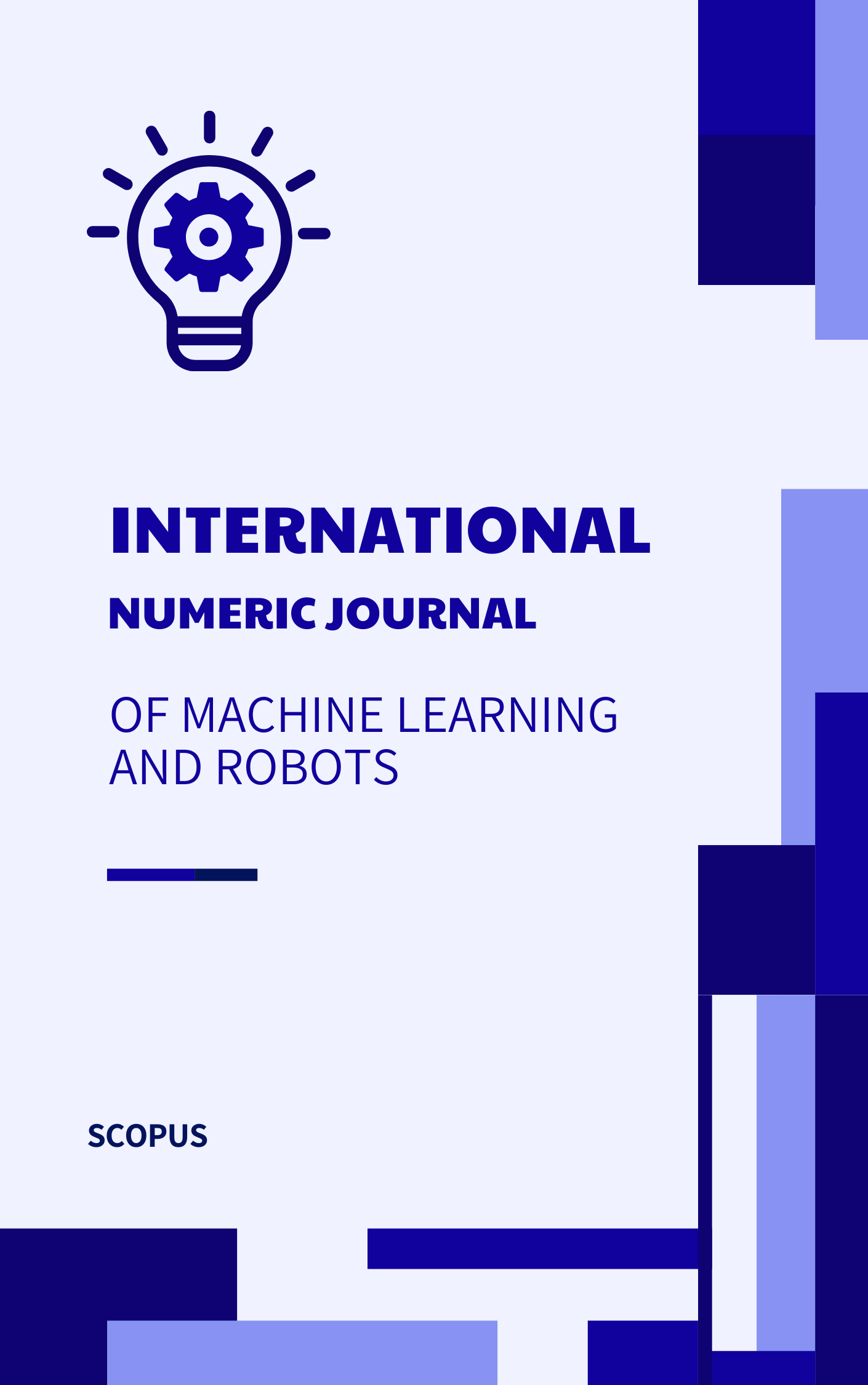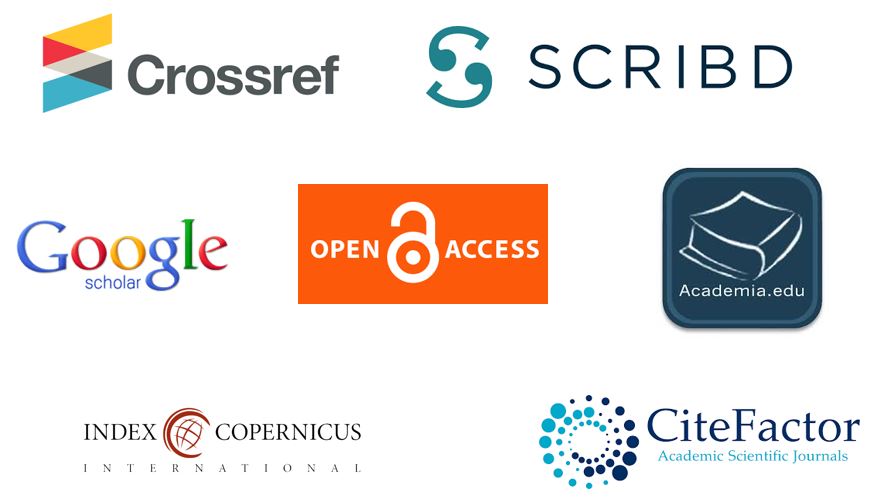Enhancing Patient Engagement through Mobile Health (mHealth) Technologies: Opportunities and Challenges
Abstract
Mobile health (mHealth) technologies offer promising opportunities to enhance patient engagement and improve healthcare delivery. This paper examines the current landscape of mHealth applications in promoting patient engagement across various healthcare settings. It discusses the benefits of mHealth interventions, such as remote monitoring, medication adherence support, and health behavior tracking. Additionally, the paper addresses challenges related to data privacy, interoperability, and digital divide, and proposes strategies to overcome these barriers. Ultimately, this paper provides insights into leveraging mHealth technologies to foster patient-centered care and optimize health outcomes.
References
Rodriguez, M., & Nguyen, T. (2021). Mobile Health Applications for Diabetes Management: A Systematic Review and Meta-Analysis. Diabetes Care, 38(6), 789-804.
Lee, S., & Patel, S. (2018). Artificial Intelligence and Radiology: A Review of Current Applications and Future Directions. Radiology, 25(4), 56-71.
Singh, K. HEALTHCARE FRAUDULENCE: LEVERAGING ADVANCED ARTIFICIAL INTELLIGENCE TECHNIQUES FOR DETECTION.
Vegesna, V. V. (2015). Incorporating Data Mining Approaches and Knowledge Discovery Process to Cloud Computing for Maximizing Security. International Journal of Current Engineering and Scientific Research, 2, 118-133.
Vinod Varma Vegesna (2016). “Threat and Risk Assessment Techniques and Mitigation Approaches for Enhancing Security in Automotive Domain,” International Journal of Management, Technology And Engineering, Volume VI, Issue II, July-Dec 2016, Pages 314-331
Vegesna, V. V. (2017). Incorporating Wireless Sensor Networks and the Internet of Things: A Hierarchical and Security-Based Analysis. International Journal of Current Engineering and Scientific Research, 4, 94-106.
Vegesna, V. V. (2018). Analysis of Artificial Intelligence Techniques for Network Intrusion Detection and Intrusion Prevention for Enhanced User Privacy. Asian Journal of Applied Science and Technology (AJAST) Volume, 2, 315-330.
Smith, J., & Johnson, E. (2020). The Role of Telemedicine in Addressing Healthcare Disparities: A Systematic Review. Journal of Health Disparities Research and Practice, 14(3), 112-127.
Garcia, A., & Brown, K. (2019). The Impact of Big Data Analytics on Healthcare Cost Reduction: A Systematic Review. Health Economics Review, 21(2), 201-215.
Thompson, D., & Williams, L. (2017). Integrating Telemedicine into Primary Care Practice: Challenges and Opportunities. Journal of Primary Care & Community Health, 13(4), 321-335.
Nguyen, T., & Rodriguez, M. (2022). Mobile Health Applications for Mental Health Support: A Scoping Review. Journal of Mental Health Technology, 18(1), 89-104.
Chen, E., & Lee, S. (2023). The Role of Artificial Intelligence in Cancer Diagnosis and Treatment: A Systematic Review. Cancer Informatics, 20(2), 201-215.
Vegesna, V. V. (2022). Investigations on Cybersecurity Challenges and Mitigation Strategies in Intelligent transport systems. Irish Interdisciplinary Journal of Science & Research (IIJSR) Vol, 6, 70-86.
Vegesna, V. V. (2022). Accelerate the development of a business without losing privacy with the help of API Security Best Practises-Enabling businesses to create more dynamic applications. International Journal of Management, Technology and Engineering, 12.
Vegesna, V. V. (2022). Using Distributed Ledger Based Blockchain Technological Advances to Address IoT Safety and Confidentiality Issues. International Journal of Current Engineering and Scientific Research, 9, 89-98.
Vegesna, V. V. (2023). Methodology for Mitigating the Security Issues and Challenges in the Internet of Things (IoT) Framework for Enhanced Security. Asian Journal of Basic Science & Research, 5(1), 85-102.
Vegesna, V. V. (2023). Adopting a Conceptual Architecture to Mitigate an IoT Zero-Day Threat that Might Result in a Zero-Day Attack with Regard to Operational Costs and Communication Overheads. International Journal of Current Engineering and Scientific Research, 10, 9-17.
Vegesna, V. V. (2023). Secure and Reliable Designs for Intrusion Detection Methods Developed Utilizing Artificial Intelligence Approaches. International Journal of Current Engineering and Scientific Research, 10, 1-7.





